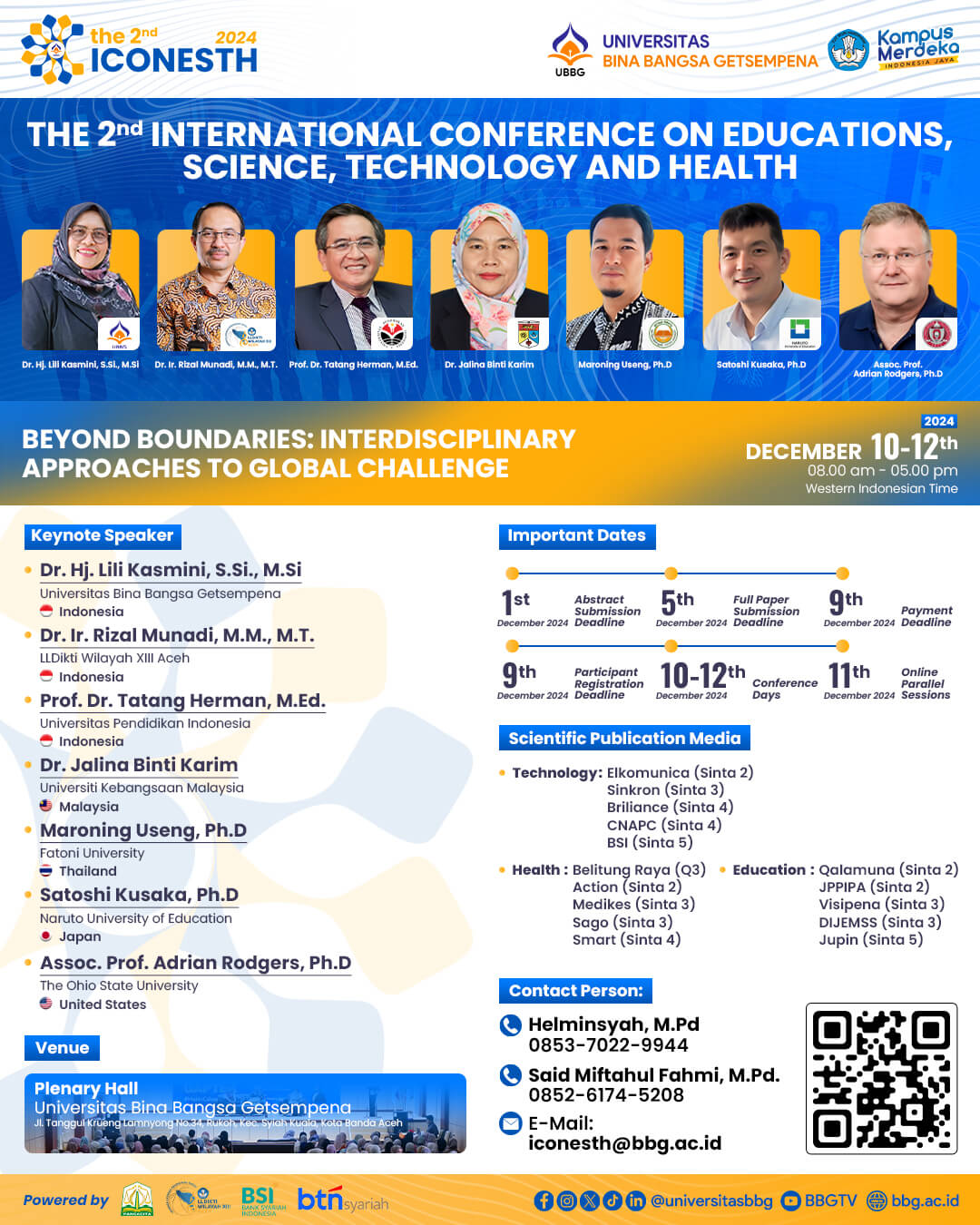Implementation of the MBKM Curriculum to Improve the Quality of Prospective Chemistry Teachers
Abstract
This study aimed to identify the alignment of the Chemistry Education Study Program curriculum documents at University X with the Merdeka Belajar Kampus Merdeka (MBKM) policy, evaluate its implementation, and assess lecture and student perceptions regarding MBKM’s impact on prospective teachers’ competencies. A case study approach was employed, utilizing analysis of curriculum document, observation of course, questionnaires, and interviews. The results indicated that the curriculum documents were aligned with the Higher Education Curriculum Development Guide-MBKM, including the formulation of graduate profiles, learning outcomes, curriculum maps, and course plans. These elements supported prospective teachers in developing competencies relevant to field demands and enabled student participation in MBKM activities. The MBKM implementation in this study program showed active involvement of lecture and students in activities such as ‘Kampus Mengajar’ and ‘Wirausaha Merdeka’, which positively impacted prospective teachers' competencies. Institutional support was a key factor in the program’s success. However, areas for improvement remained, particularly in the use of innovative learning methods such as Problem-Based Learning (PBL), Project-Based Learning (PjBL), Discovery, and Inquiry to help enhance prospective chemistry teachers' critical thinking skills.









